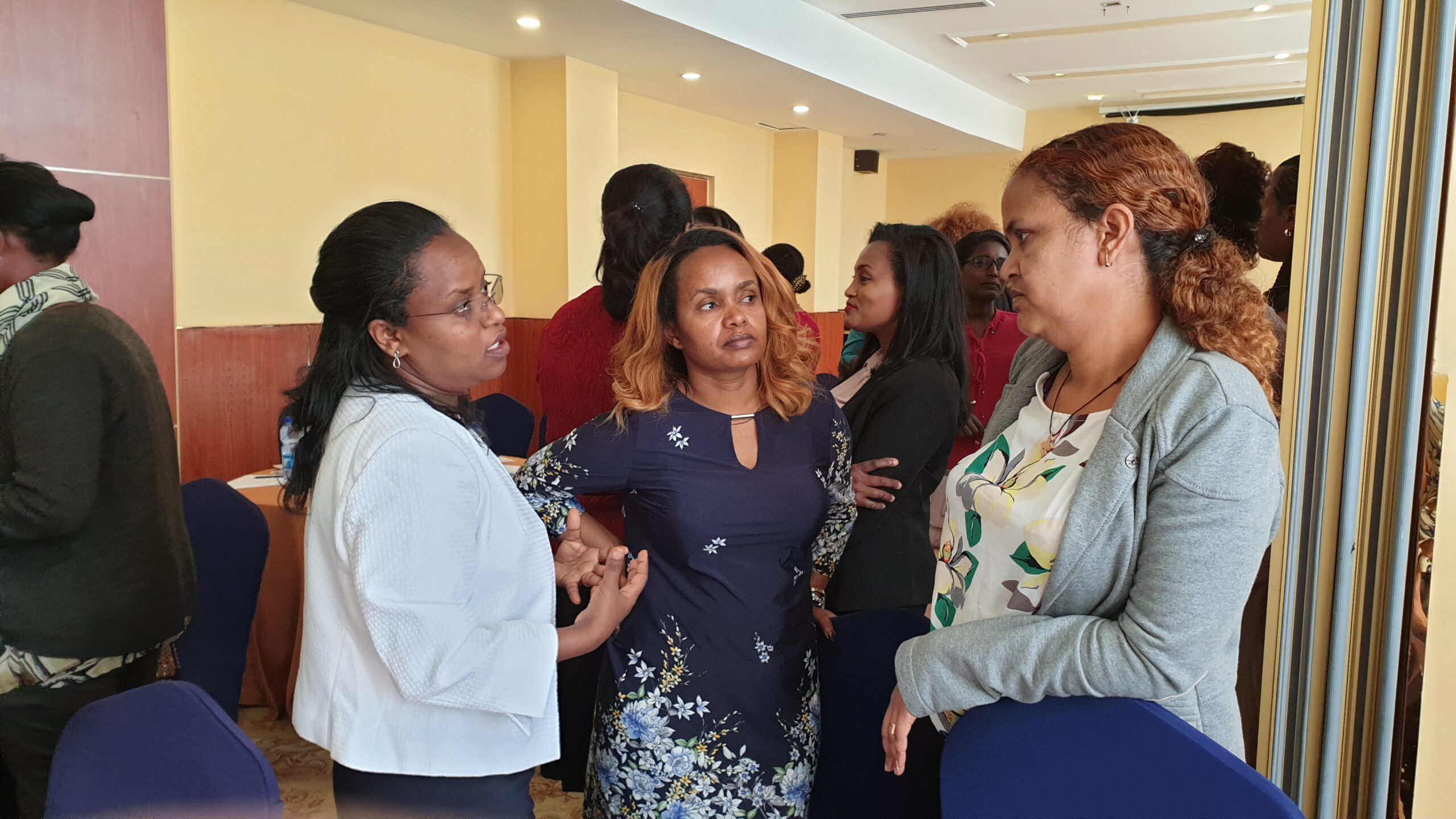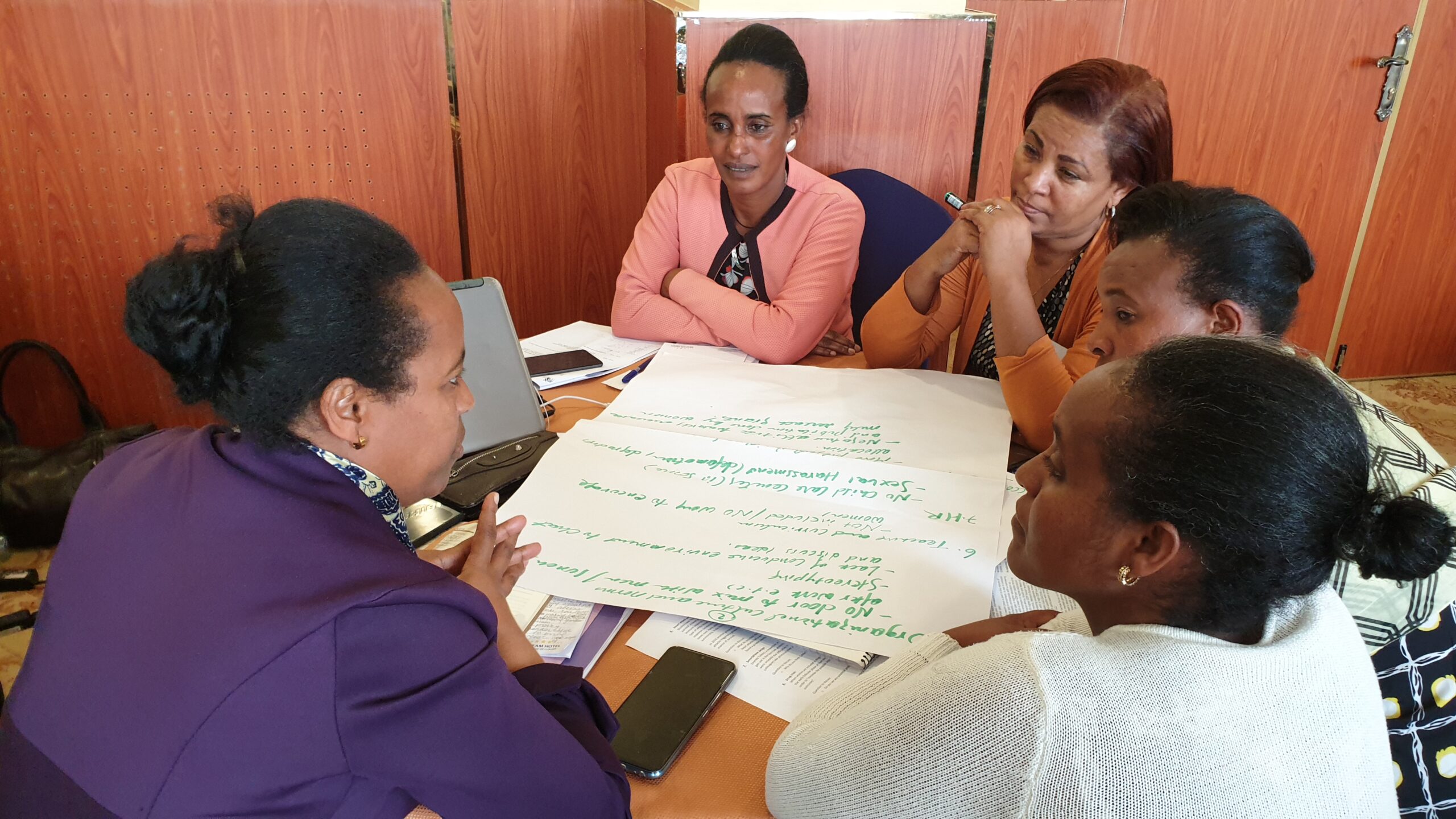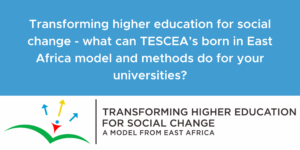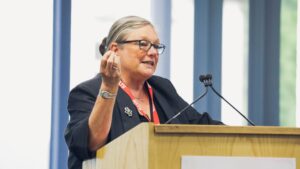Addressing gender issues in Ethiopian higher education and research institutions – stories from Ethiopian gender champions (part two)
With the mission to promote gender equity in Ethiopia’s higher education and research institutions, the Ethiopian Academy of Sciences and...






